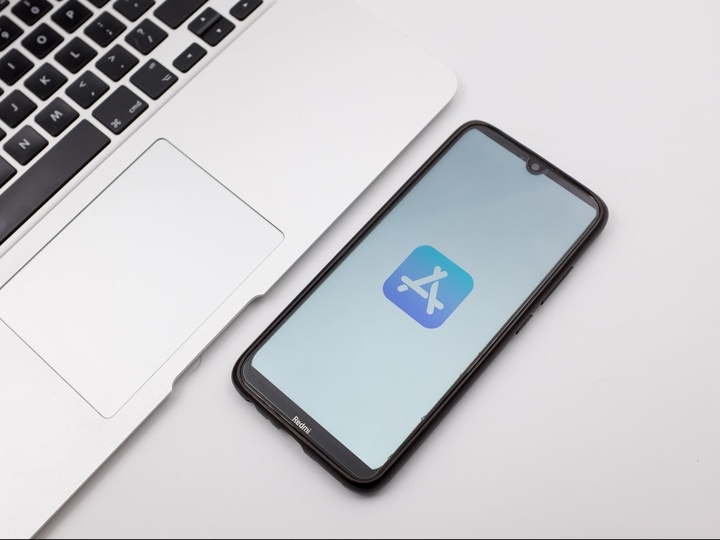Apple is making another move to provide greater flexibility and quell criticism of the service by altering the price strategy for the Apple App Store to allow developers to charge a wider array of amounts.

Apple updated the App Store pricing structure on Tuesday, making it possible for developers to charge anywhere between 29 cents and $10,000 for their apps. Additionally, new options for pricing across numerous countries and currencies will be available to developers.
Apple noted, “These newly announced tools, which will begin rolling out today and continue throughout 2023, will create even more flexibility for developers to price their products while staying approachable to the hundreds of millions of users Apple serves worldwide. And, in turn, help developers continue to thrive on the App Store.”
Read More: Google to shut down Duplex AI for web
The company noted, “Under the updated App Store pricing system, all developers will have the ability to select from 900 price points, which is nearly 10 times the number of price points previously available for most apps. his includes 600 new price points to choose from, with an additional 100 higher price points available upon request.”
The departure from Apple’s long-standing 99-cent price limit occurs as the Silicon Valley giant defends itself against claims that it has a monopolistic hold on the App Store, which serves as the only entry point for iPhones.
The change significantly alters the App Store, which Apple introduced in 2008 with a focus on simplicity. In recent years, the platform has come under further fire from regulators and developers who claim that the company’s standards are excessively onerous.
Apple is under fire for the limitations and costs it imposes on developers, notably the 30% commission it charges for some of the apps available on the App Store.
Apple and small devs in the USA reached a settlement in a $100 million class-action suit last year, and one of the terms of the deal included raising prices. Apple also simplified the process for developers to challenge app rejections at the time, as well as adjustments to App Store search.
Political pressure is also being applied on Apple in the US and Europe to loosen its grip on the App Store, which has been criticized by companies like Spotify, Epic Games, and Twitter. A California judge dismissed Epic’s complaint that Apple was operating like a monopoly through the App Store in 2021.
The judge, however, disallowed Apple from forbidding developers from incorporating “external links or other calls to action that direct customers to purchasing mechanisms” in their apps.
New EU regulations that go into effect in May 2023 will compel Apple to allow third-party app stores and other payment methods on its iOS operating system. The Digital Markets Act will also forbid the iPhone from giving Apple’s own services, such as Apple Music or the Safari browser, a competitive advantage.
Apple’s new pricing flexibility does not solve the central issues of sideloading and third-party apps brought up in the last couple of antitrust lawsuits against the corporation. In response to requests for greater transparency, Apple has been adamant that sideloading iOS applications will lead to security issues, while conveniently omitting the fact that macOS supports user-loaded apps.
Unless compelled to do so by the courts or legislators, Apple is unlikely to abandon its App Store gatekeeping, as it did with its price tier adjustments.

I am a law graduate from NLU Lucknow. I have a flair for creative writing and hence in my free time work as a freelance content writer.